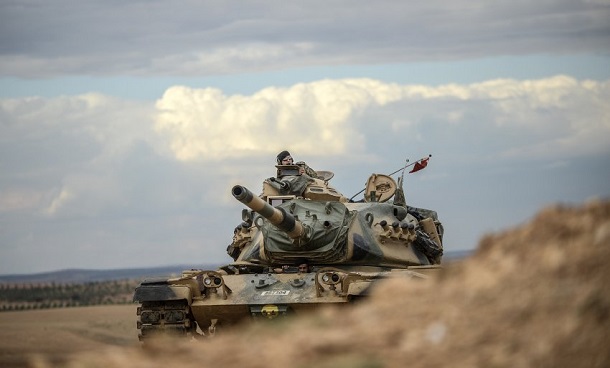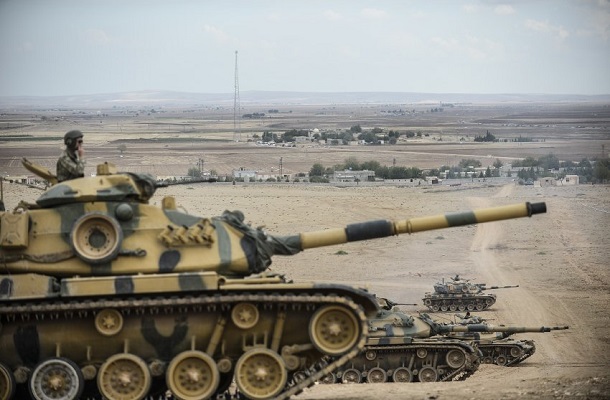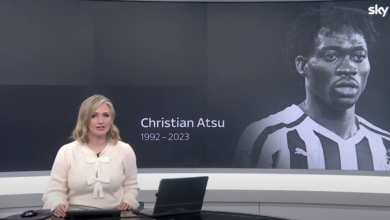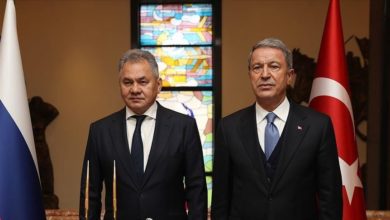The battle against the troops of the “Islamic State” enters a decisive phase: The NATO-member Turkey will invade if necessary with ground troops into northern Iraq and in Syria. What does that mean for the alliance, which for the Bundeswehr?
Ankara has decided after some hesitation to enter the international front in the fight against the terrorist groups of the “Islamic state” (IS). The Turkish Parliament was now the conservative Islamic AKP government a number of proxies. It is still not decided whether it also use is made. In the grand coalition in Berlin there are worried voices. SPD parliamentary group deputy Rolf Mützenich fears that Turkey could use the insert against the IS also to fight against the Kurdish PKK. That would be a “conflict of additional accelerator in an already confusing situation,” he says.
What does the decision of the NATO Partners for the country, the region, but also for allies such as Germany? answered some key questions.
What the Parliament of the AKP government into the hand?
There are extensive rights that gets the Turkish government now. The Turkish army is the power of attorney “to cross-border operations and interventions in other countries “get to attacks of” ward off terrorist groups in Syria and Iraq. “On the border with Syria has already brought tanks into position. On Iraqi and Syrian territory could create safety zones for refugees using the troops .
What this means for the Kurdish areas and Turkey?
In Turkey, the IS could perpetrate attacks in revenge his turn. The Kurds in Syria and northern Iraq again see the development with mixed feelings. You are on the one hand by the military IS under pressure. On the other hand, could parts of the autonomous region in northern Iraq controlled by the Kurdish Masoud Barzani government are occupied by Turkish soldiers. It is still unclear how the Kurdish PKK responded to an invasion of Syria or in areas of northern Iraq. The PKK is a terrorist organization in Turkey, the USA and the EU, Ankara still negotiating with her. The border imprisoned PKK leader imprisoned Abdullah Ocalan has threatened to end the peace process with Ankara, it should allow Turkey to the IS wins in the contested city Kobane and carries out a massacre of the majority Kurdish population.
What are the consequences of the Turkish decision for NATO?
First of all, could states in NATO (including the USA, France and Great Britain, the Netherlands and Denmark), flying combat missions against the IS or have announced, probably use bases in Turkey as the Incirlik Air Base. A direct involvement of the Western defense alliance but it is only giving the Turkey turn in attacks the IS relies on Article 5 of the treaty of alliance and demands of the NATO Council decision. The new NATO Secretary General Jens Stoltenberg said the alliance would make clear that it would defend its ally Turkey, should this be attacked in any way. But the question is: Does this also, if the IS the small Turkish enclave in Syria with the Mausoleum of Suleiman Shah, the grandfather of the first Ottoman sultan, attacks? Ankara has stationed there and made it clear to evaluate each attack as an attack on the state of their own soldiers.
Must then automatically the entire NATO help Turkey?
Although Article 5 of the sharpest sword: After all members of the NATO are committed to a Member State attacked in each to make and militarily assistance. There, however, it also means limiting, that each Party “means measures, including the use of armed force, meets, as it deems necessary to restore the security of the North Atlantic area and to receive”. Specifically: What who when available is – is debatable. In addition: In Germany the parliamentary reservation applies – the Bundestag would give the green light, as for redeployment in Turkey, Ankara should ask.
Was the Article 5 ever used?
Yes. What is often forgotten in the current debate – Article 5 was triggered after the attacks of 11 September 2001 and is still in force. He served among others as a formal legal basis for NATO operations in Afghanistan, where Germany is involved. Last failed the Left in parliament with a request to end the ongoing for almost 14 years, Alliance case.
What makes the Bundeswehr in conflict around Iraq / Syria?
The Bundeswehr is with “Patriot” -Abwehrraketen in eastern Turkey on site since 2012. Background was the escalating civil war in Syria and the concern of the NATO partner against air raids of the Assad regime. The Bundestag voted by a large majority of the installation, the current mandate ends in January. Regardless of supplies Germany held by the Bundeswehr weapons to the fighting against the IS in northern Iraq Peshmerga troops. Also peshmerga are trained to “Milan” -Panzerabwehrwaffen in Germany. For the supply of weapons it did not need the consent of the Bundestag, yet carried a symbolic vote.
Error, group does not exist! Check your syntax! (ID: 14)




